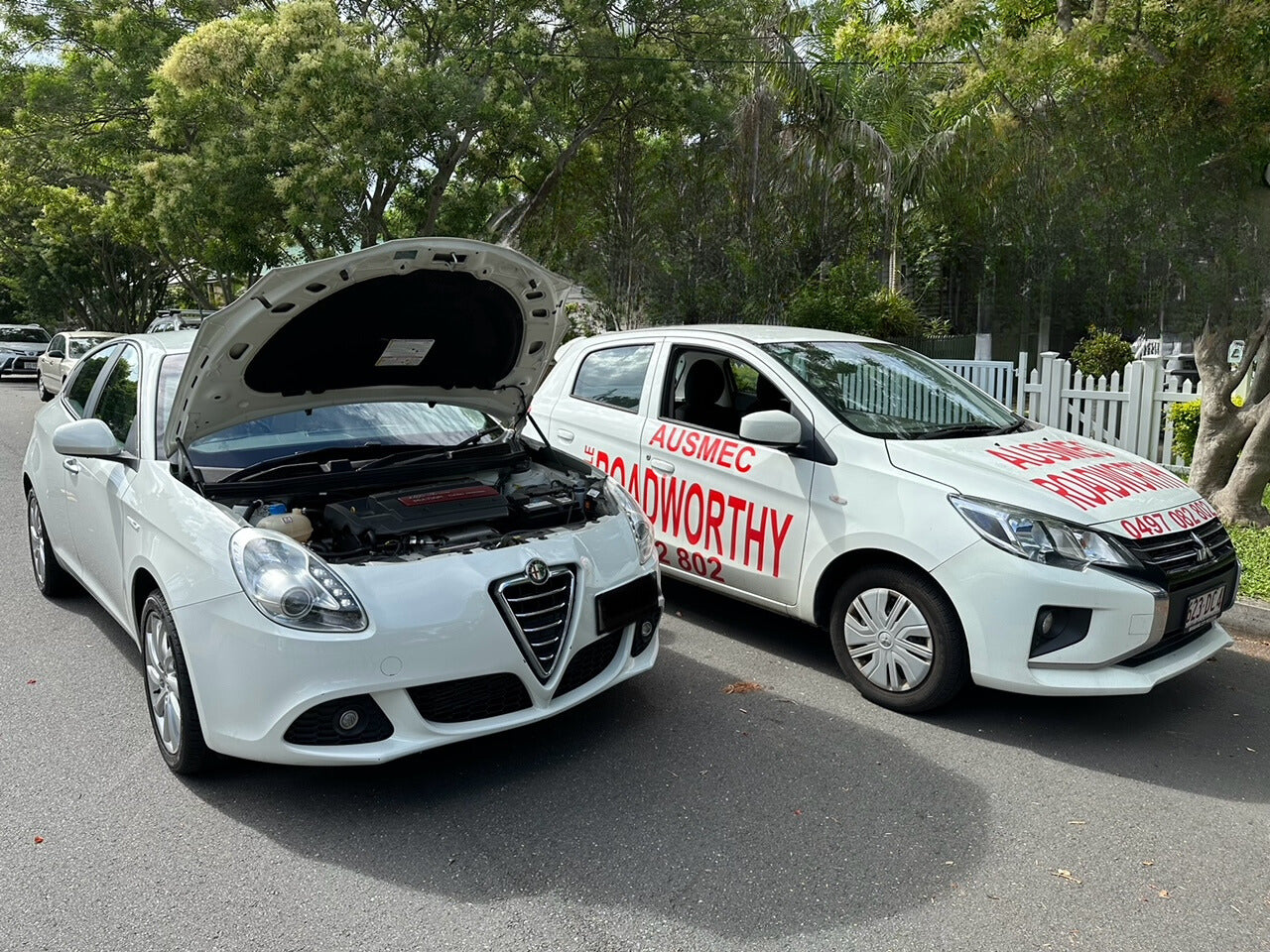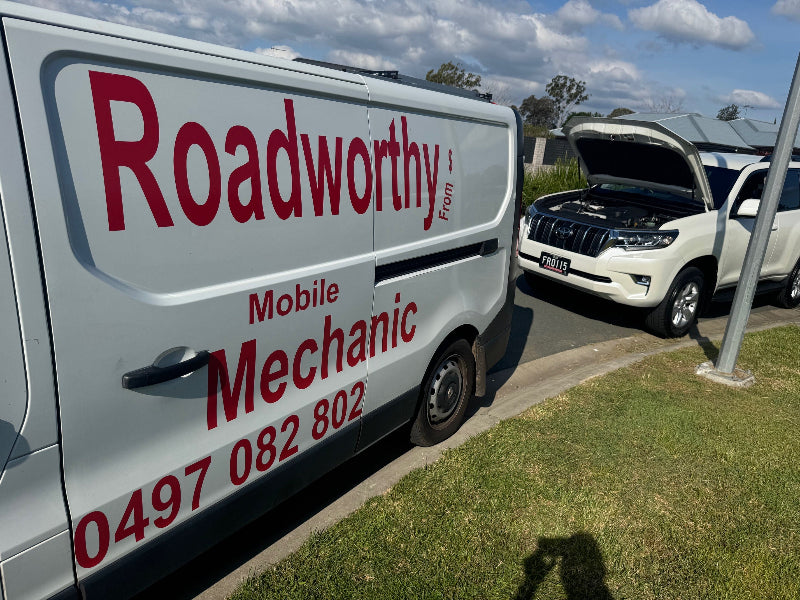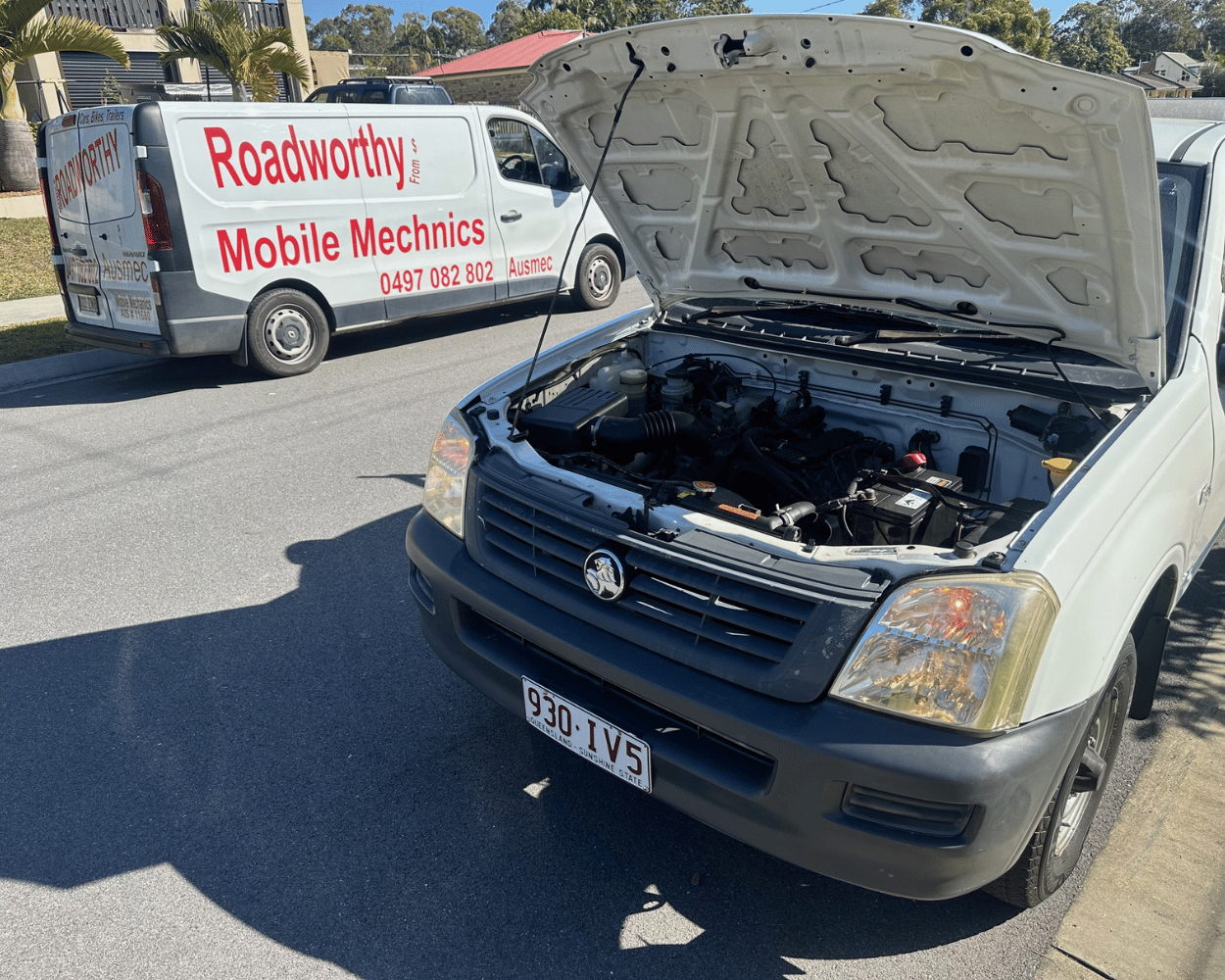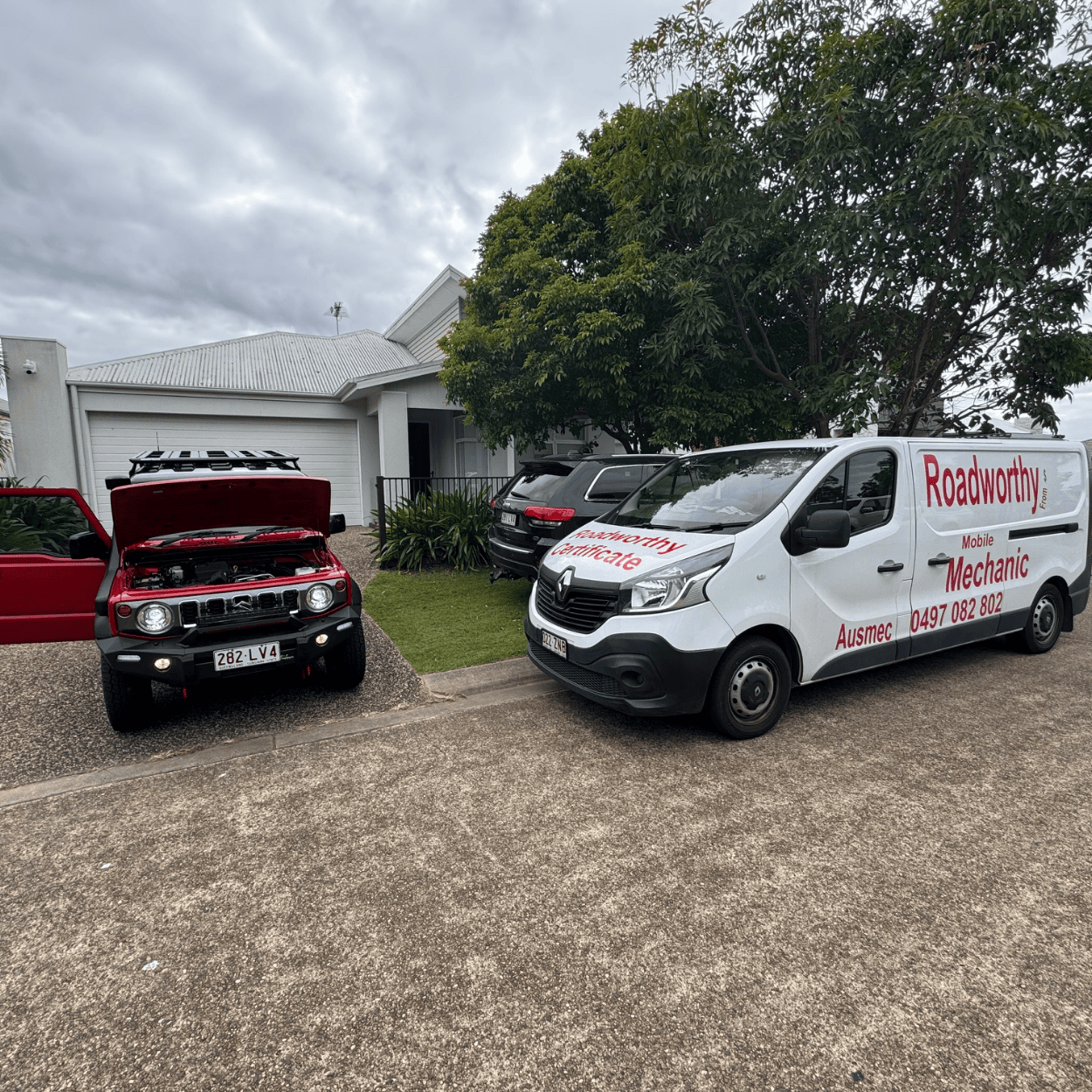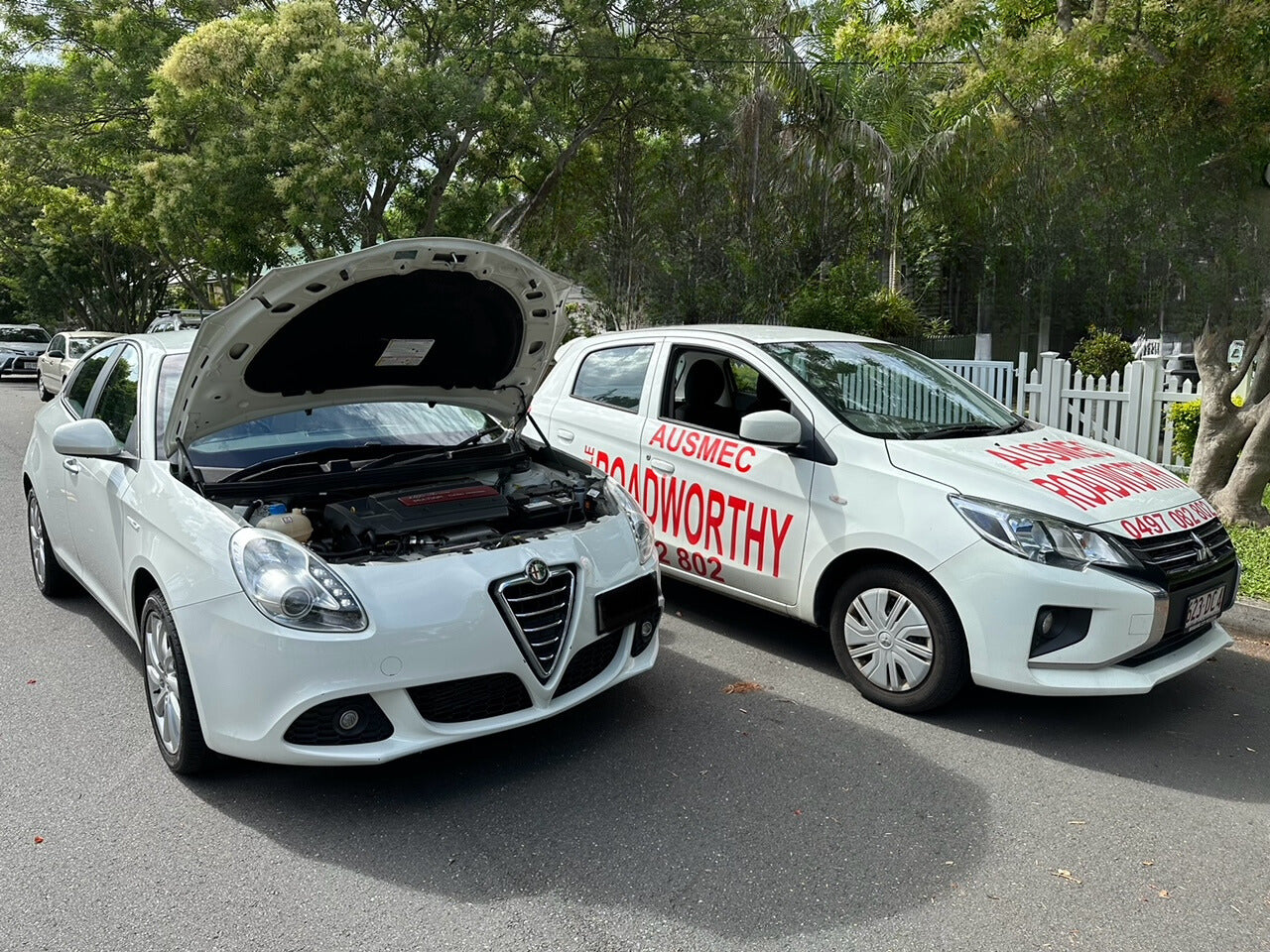Approved inspection Station (AIS)
An Approved Inspection Station (AIS) is a facility authorized by the Department of Transport and Main Roads (TMR) in Queensland, Australia, to conduct safety inspections and issue roadworthy certificates (RWCs) for registered vehicles.
Here's a breakdown of the key points about AIS:
- Authorization: TMR grants approval to AIS based on their compliance with specific regulations and requirements.
- Qualified Examiners: AIS employ qualified examiners who have undergone training and possess the necessary skills to perform roadworthy inspections.
-
Inspection Services: They can inspect various vehicle types, typically including:
- Light vehicles (cars and light commercial vehicles)
- Light trailers (caravans and trailers)
- Motorcycles
- In some cases, heavy vehicles and trailers (depending on AIS authorization)
-
Roadworthy Certificates: If a vehicle passes the inspection, the AIS issues a valid RWC which is a mandatory document for:
- Selling a registered vehicle
- Re-registering an unregistered vehicle
Benefits of Using an AIS:
- Convenience: AIS often offer mobile inspection services, coming to your location for the inspection.
- Expertise: Qualified examiners ensure a thorough and professional inspection process.
- Peace of Mind: A valid RWC guarantees your vehicle meets safety standards and is roadworthy.
Approved inspection stations and the law
In Queensland, Australia, the primary legislation governing Approved Inspection Stations (AIS) and roadworthy inspections comes from the Department of Transport and Main Roads (TMR). Here's a breakdown of the key legal frameworks:
-
Transport Operations (Road Use Management) Act 1995: This act establishes the overall framework for road transport regulation in Queensland, including the requirement for roadworthy certificates (RWCs).
-
Transport Operations (Road Use Management) Regulation 2009: This regulation details the specific requirements for AIS operations, inspection procedures, and the issuance of RWCs. It outlines:
- AIS Approval Process: Conditions and standards AIS facilities must meet to gain and maintain TMR approval.
- Inspector Qualifications: Training and experience requirements for qualified examiners who conduct inspections.
- Inspection Procedures: Detailed steps for conducting roadworthy inspections, ensuring consistency and compliance across all AIS.
- RWC Issuance: Criteria for issuing an RWC and the information that must be included on the certificate.
-
Vehicle Standards Information Bulletins (VSIBs): TMR publishes VSIBs to provide additional technical information and guidance on specific aspects of roadworthy inspections. These bulletins aren't legislation themselves, but they are crucial resources for qualified examiners to ensure they are performing inspections according to the latest standards.
Additional Considerations:
- Environmental Protection Act 1994: This act may have some relevance to AIS operations as it sets air quality standards and vehicle emission regulations. Ensuring vehicles meet these standards might be a component of roadworthy inspections.
- National Heavy Vehicle Vehicle Regulation 2016 (NHVR): While this regulation primarily focuses on heavy vehicles, some aspects might apply to AIS authorized to inspect heavy vehicle types.
Important Note: This information is for general understanding and may not be exhaustive. It's always best to refer to the official TMR website (https://www.tmr.qld.gov.au/) for the latest legislation and regulations related to AIS and roadworthy inspections.
Approved Inspection Station (AIS) Business Rules in Queensland
The Queensland Department of Transport and Main Roads (TMR) establishes a set of business rules that Approved Inspection Stations (AIS) must follow to operate legally and conduct roadworthy inspections. These rules aim to ensure:
1. Consistency and Quality in Inspections:
- Standardized procedures: The rules outline specific steps for inspectors to follow during each inspection, guaranteeing a consistent and thorough evaluation across all AIS facilities.
- Qualified personnel: Only qualified examiners who meet TMR's training and experience requirements can conduct inspections, ensuring a high level of technical expertise.
2. Public Safety and Roadworthiness:
- Strict adherence to vehicle standards: The rules reference relevant legislation and regulations, particularly the Transport Operations (Road Use Management) Regulation 2009, which details the specific safety criteria a vehicle must meet to be considered roadworthy.
- Focus on three key safety levels: Inspectors prioritize operator safety, public safety for occupants, and environmental impact during the inspection, ensuring all aspects contribute to a safer driving experience.
3. Transparency and Accountability:
- Recordkeeping: AIS are required to maintain detailed records of inspections and issued RWCs, allowing TMR to monitor compliance and conduct audits if necessary.
- Clearly defined signage: The rules specify signage requirements for AIS facilities, ensuring clear identification and transparency for customers.
Overall Goals:
The AIS business rules in Queensland are set out to achieve the following goals:
- Maintain high road safety standards for all vehicles on Queensland roads.
- Protect the public from the risks associated with unsafe vehicles.
- Provide a reliable and consistent system for issuing roadworthy certificates.
- Promote public confidence in the roadworthiness inspection process.
- Ensure fair competition amongst AIS operators through standardized procedures.
By following these business rules, AIS in Queensland contribute to a safer and more sustainable transportation system.
Contact form
Ausmec Mobile RWC & Mechanics
Mobile Roadworthy (Safety certificate)
Share
